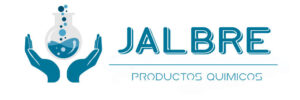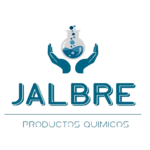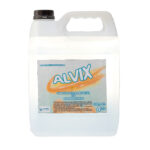In energy analysis attacks, an attacker measures variations in energy consumption throughout cryptographic operations. Cryptographic algorithms like ECDSA can exhibit distinct energy consumption patterns based on the values being processed (e.g., the non-public blockchain identity management key or nonce). By accumulating and analyzing these patterns, attackers can infer important information about the nonce or private key.
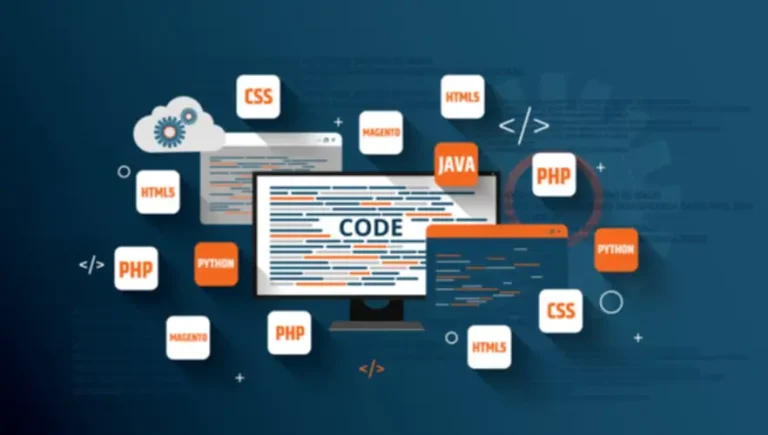
Purposes And Implications To Consider
Overcoming this barrier is paramount for fostering a more interconnected and environment friendly digital id ecosystem. Collaboration and standardization are key to unlocking the potential of a unified and safe id framework. In the ever-evolving digital panorama, the concept of identification has taken center stage. With an rising variety of transactions and interactions occurring online, the need for secure and environment friendly identity administration has never been more crucial. In this complete information, we delve into the world of blockchain identity administration in 2024, exploring its foundations, present issues, purposes, advantages, and future panorama. Dock is a Verifiable Credentials company that gives Dock Certs, a user-friendly, no-code platform, and developer solutions that allow organizations to concern, manage and verify fraud-proof credentials effectively and securely.
Anonymity 20x 509 Extensions Supporting Privacy-friendly Authentication
Organizations amassing huge quantities of personally identifiable data (PII) face new and evolving dangers, rules, privacy-focused competition and rising shopper mistrust. Use circumstances enabled by DLT — similar to self-sovereign identity and information minimization — through strategies corresponding to zero-knowledge proofs offer stronger privateness protections. Rather than having PII replicated and saved across lots of of organizations, information and sharing controls may stay with the end consumer.
A Framework Of Blockchain Expertise Adoption: An Investigation Of Challenges And Expected Worth
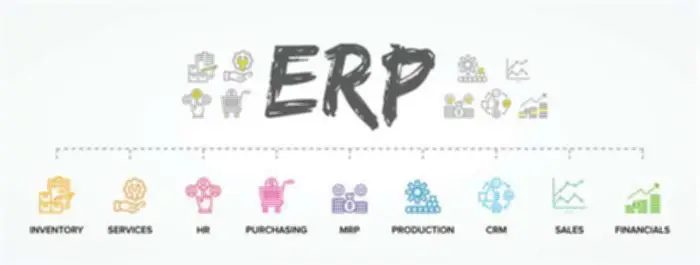
The decentralized nature of blockchain reduces the risks of compromises in knowledge for digital identities, making self-sovereign id a safer and privacy-enhancing strategy to managing personal data. The decentralized nature of the blockchain also reduces the dangers of compromises in information for digital identities. Individuals can have control over their private info via self-sovereign identities enabled by blockchain technology. By offering immutable information for every transaction or interaction, blockchain expertise assures belief and transparency over one’s personal id details. This decentralization ultimately arms again power to users, permitting them full management over their private information while revolutionizing how we set up and confirm identities digitally. The decentralized nature of blockchain ensures that digital identities are now not stored on a singular database susceptible to assaults however as a substitute spread throughout a quantity of nodes in the network, making them rather more secure.
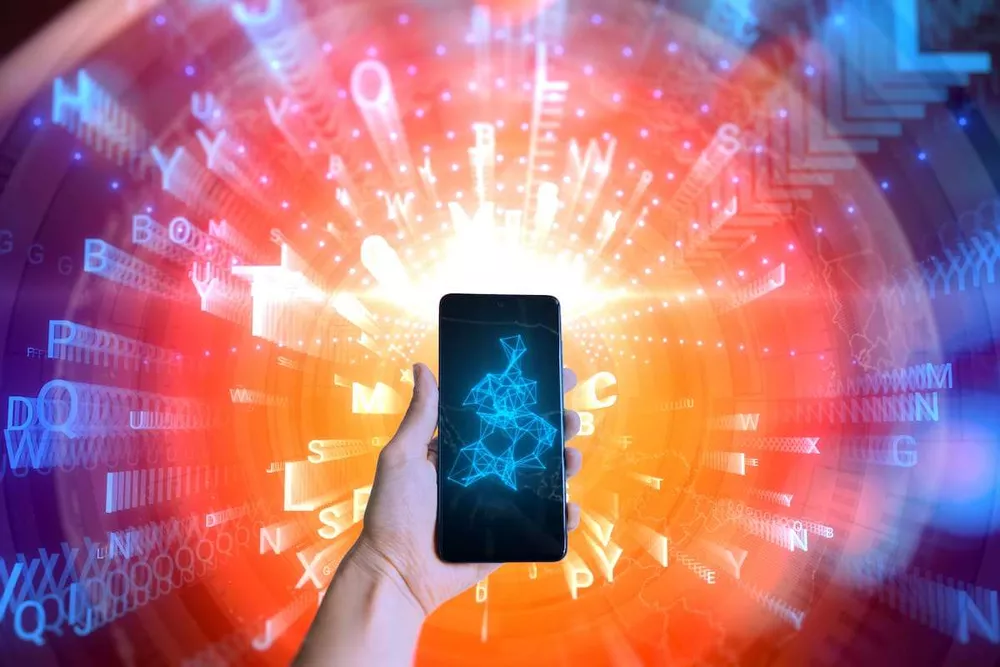
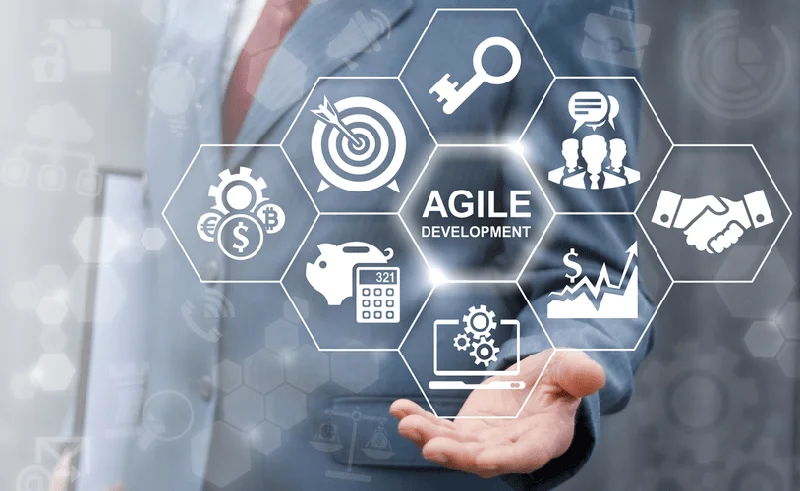
Using an identification management system that leverages blockchain tech, solely the customers store their information and only they will resolve whether to share it or not. Also, blockchain technology can enable data to be verified with out necessarily revealing personally identifiable details or extra data than is critical for a objective. For instance, somebody might confirm they’re over 19 years old without revealing their delivery date.
Corrected Instance Using A Safe Ecdsa Library
- Solutions like off-chain transactions and layer two protocols are being developed to deal with this, however it remains a priority.
- A monetary professional will offer steerage based on the knowledge offered and supply a no-obligation call to raised understand your scenario.
- Blockchain enables DPKI by making a tamper-proof and trusted medium to distribute the asymmetric verification and encryption keys of the identity holders.
- Users now have something far better — decentralized entities the place people truly matter.
In cryptographic implementations, the time required to compute a signature can range relying on the information being processed, particularly the non-public key. This timing variability may occur because of differences in how certain operations (such as multiplication, modular arithmetic, or branching) are handled. For instance, the computational time might depend upon whether or not sure bits of the private key are set to 0 or 1. Blockchain id administration can also make it simpler for pharmaceutical corporations to develop personalised medicine. The expertise may assist them track transactions associated to drug verification, interactions between medicine, and different medical information.
Traditional identity administration systems’ centralized nature exposes a significant vulnerability. Relying on a single level of management renders these techniques susceptible to focused hacking makes an attempt. This vulnerability jeopardizes vast quantities of delicate user data, demanding heightened safety measures.
If identity is relational, information about this identification (often known as Personally Identifiable Information or “PII”) can also be information about another identification. This aspect connects to the discussion on “data ownership” which is one other matter of utmost importance for the future of our on-line world and its governance as it takes more and more control of physical infrastructure. It appears much more difficult than the frequent discourse suggests, as a end result of data about one person may additionally be information about another individual.
These should conform with usually nonexistent requirements for blockchain technologies and interoperability throughout chains. Companies are accustomed to central and proprietary information storage infrastructure, effectively making a honeypot for theft, breach, hacking, fraud and loss. This model exacerbates the facility imbalance between id credential holders and people looking for to use them, including the top user. Distributing identification verification and governance guarantees several efficiencies and particular person and institutional advantages, but runs counter to the standing quo for centralization. Even as companies and DID initiatives continue to develop prototypes for decentralized identity in administration, banking, medical, and other industries, the potential for decentralized identification is growing.
These providers provide pre-built blockchain solutions that might be custom-made based on particular wants. Struggling to keep up with the rise of digital identities and their safety concerns? Consider this – Blockchain know-how can revolutionize data security by enabling individuals to own their digital identities. Every time a request for knowledge is made, the person will be prompted to offer permission to point out a credential.
Adarsh, a senior software skilled, is a acknowledged professional in blockchain and metaverse know-how. With a wealth of expertise, he excels in simplifying intricate ideas, guiding via the dynamic landscapes of both blockchain and the metaverse. Actively shaping their narratives, Adarsh brings his expertise to the forefront, showcasing the transformative power these applied sciences maintain in our ever-evolving digital age. Additionally, it is not too tough to manufacture false identities because of the poor connection between physical and digital identities. The phenomenon of counterfeit interaction, which may help in the commission of fraud and lead to exaggerated figures and wasted cash, thrives on faux identities.
